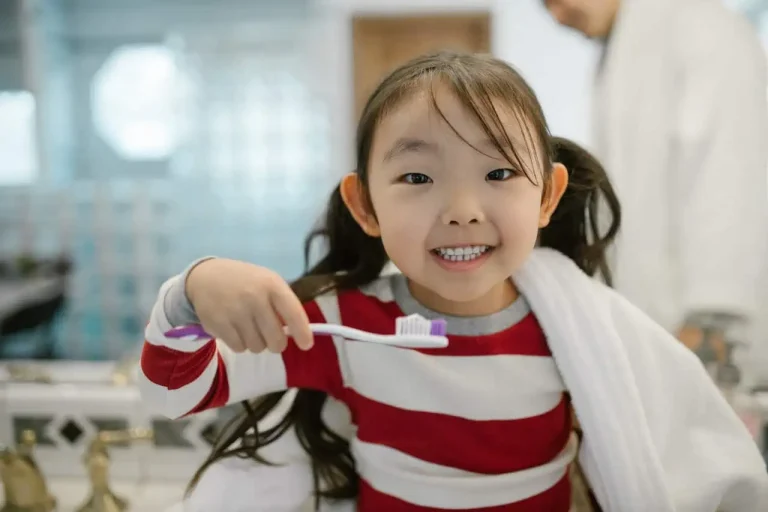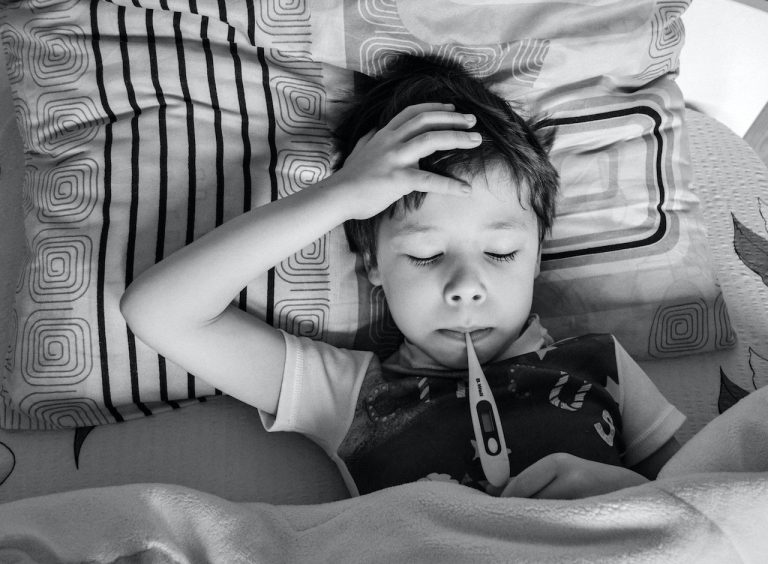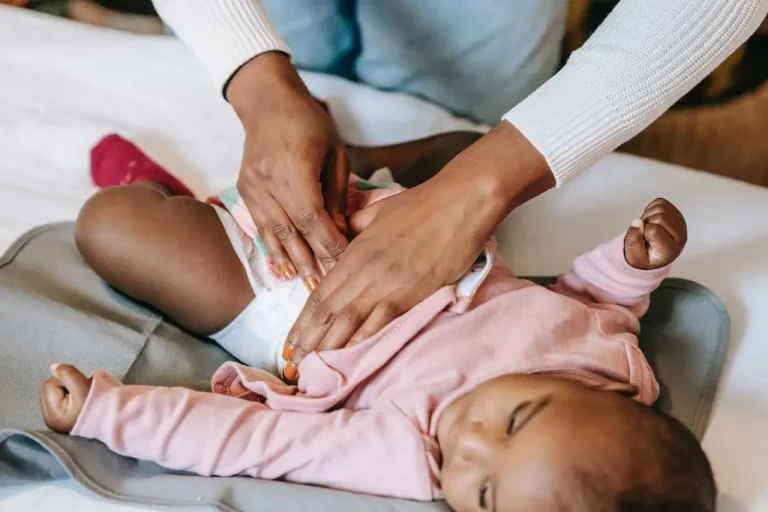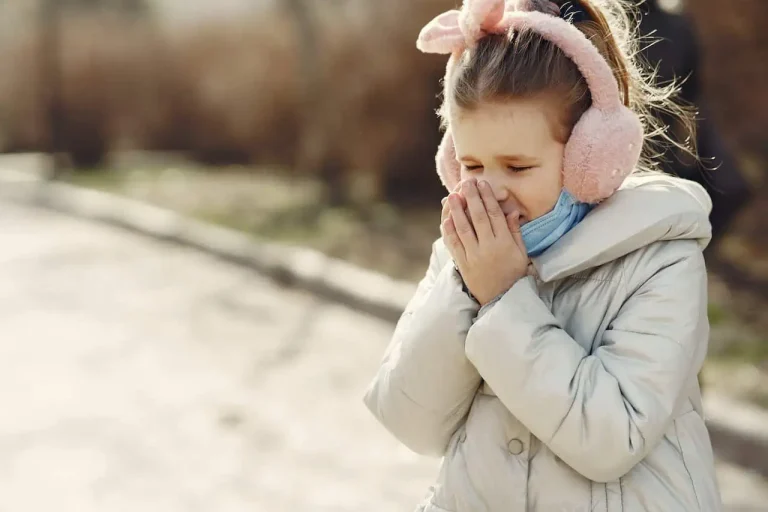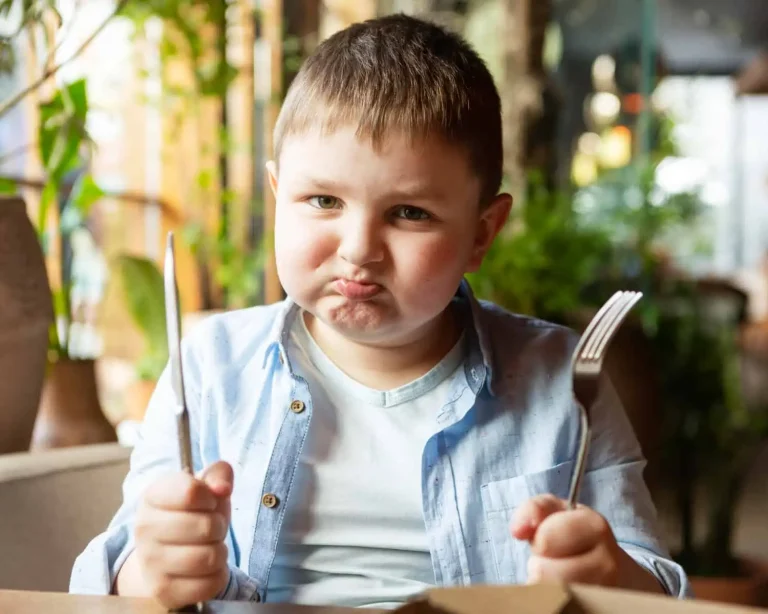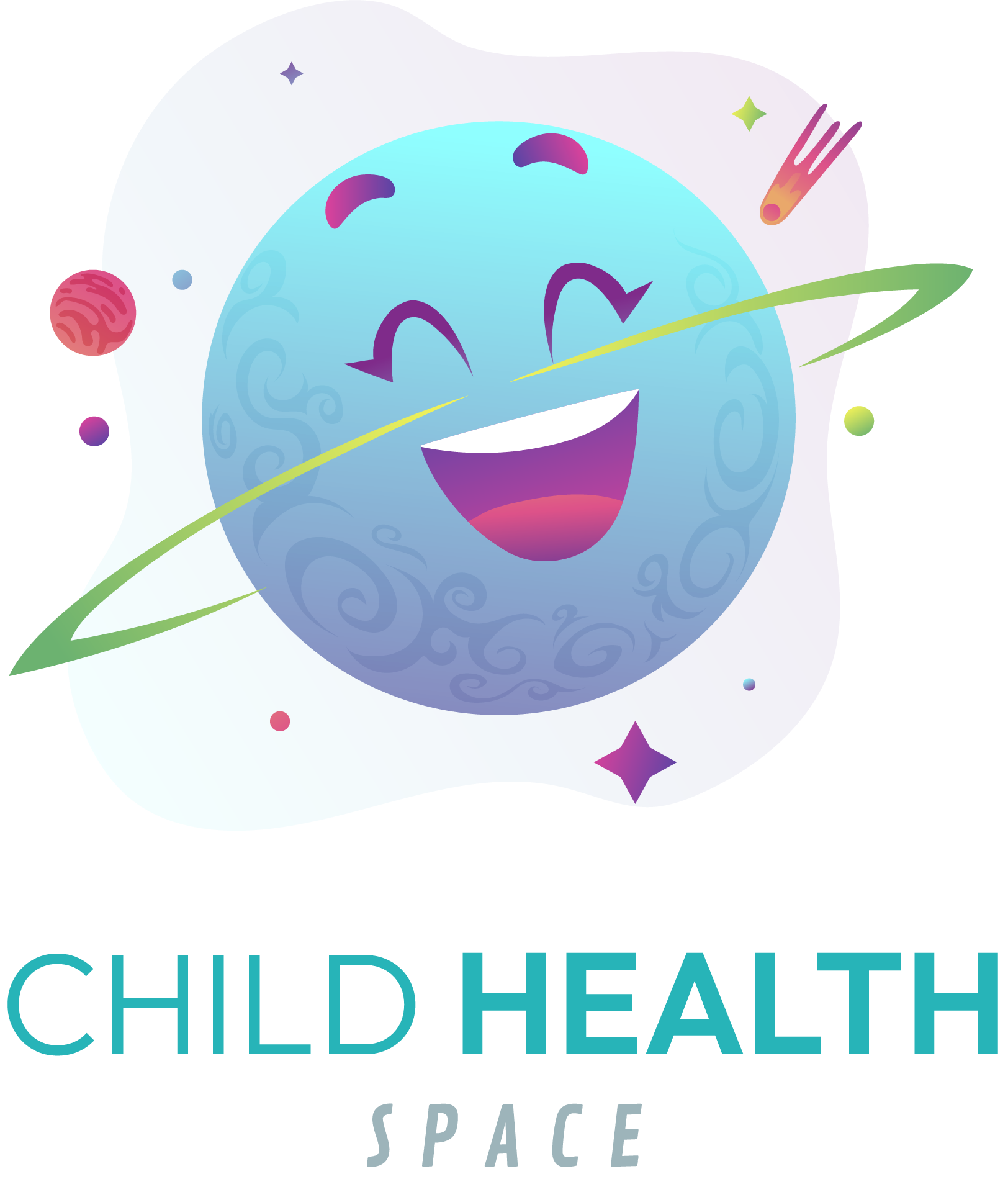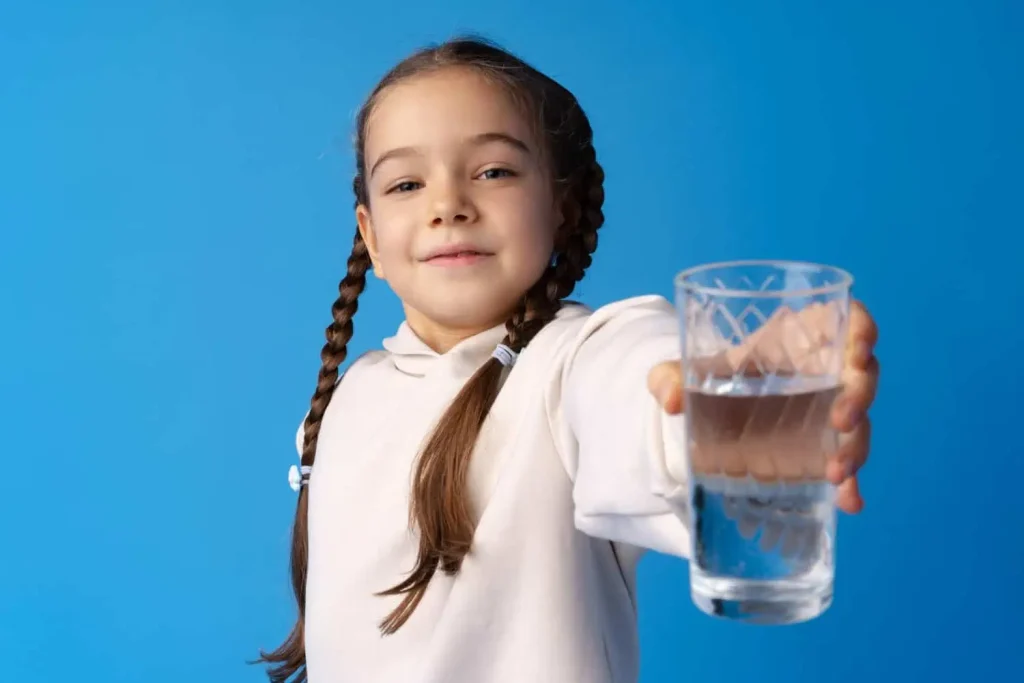
During episodes of diarrhea, children become more vulnerable to dehydration. So, it is more important for parents and caregivers to maintain adequate hydration levels.
According to Global Nutrition Report 2020, around 20% of children under 5-year age are stunted. The reason behind might be chronic dehydration and malnutrition.
Dehydration in children results when more fluid losses from body than fluid intake. It can affect many physiological processes in body. This blog post helps to provide valuable information regarding dehydration in children with diarrhea.
Importance of Hydration in Children
Proper hydration is important for overall health and well-being of children. Water is essential for physiological processes in body, including
- Maintaining body temperature
- Transporting nutrients
- Eliminating waste
Proper hydration is vital for everyone to maintain physiological processes. But it is particularly important for children. The reason behind is it helps is proper development of organs and brain.
What are the Risks of Dehydration in Children with Diarrhea
Dehydration in children with diarrhea is a serious concern for everyone. Diarrhea causes severe dehydration and an imbalance of electrolytes. This imbalance of electrolytes can be fatal, especially in young infants. In case of dehydration, immediate treatment is essential for minimizing potential consequences and ensuring a quick recovery.
Understanding Dehydration in Children with Diarrhea
If your child loses more fluids than he takes in, you will get dehydrated. In children with diarrhea, significant fluid loss occurs due to the frequent passing of watery stools. The key to effectively avoiding and treating dehydration in these kids is a solid understanding of the factors that contribute to it. Understanding the various causes and degrees of dehydration is also crucial for providing timely care.
Signs and Symptoms of Dehydration
The WHO has developed a classification for dehydration in children based on clinical signs and symptoms. The system divides dehydration into three categories: no signs of dehydration, some dehydration, and severe dehydration.
No signs of dehydration
- Normal thirst or drinks eagerly
- Normal urine output
- Normal eyes
- Normal skin turgor
- Normal pulse
- Normal breathing
Some dehydration
- Thirsty or drinks eagerly
- Reduced urine output
- Sunken eyes
- Reduced skin turgor
- Normal or fast pulse
- Normal or deep breathing
- Restless or irritable
Severe dehydration
- Drinks poorly or is not able to drink
- Minimal or no urine output
- Very sunken eyes
- Very reduced skin turgor
- Weak or absent pulse
- Deep and rapid breathing
- Lethargic or unconscious
Early Recognition of signs and symptoms of dehydration is vital for timely intervention. It is essential to monitor the specific signs of dehydration in infants, as they may exhibit different symptoms.
Assessing Dehydration in Children with Diarrhea
Dehydration in children with diarrhea can be diagnosed by physical examination, assessing vital signs, and using dehydration scales. Checking for specific indicators like
- Sunken fontanelles (soft spots)
- Decreased tears
- Abnormal heart rate
These indicators can aid in evaluating the degree of dehydration.
Managing Dehydration in Children with Diarrhea
The rehydration techniques employed are contingent upon the degree of dehydration severity. In mild to moderate dehydration in children with diarrhea, it is advisable to utilize Oral Rehydration Solution (ORS) due to its optimal combination of fluids and electrolytes. Intravenous (IV) fluid administration is reserved for severe cases or when oral intake is not possible.
Adjusting fluid intake based on the severity of dehydration and seeking professional medical assistance are essential steps in managing this condition effectively.
Diet and Hydration
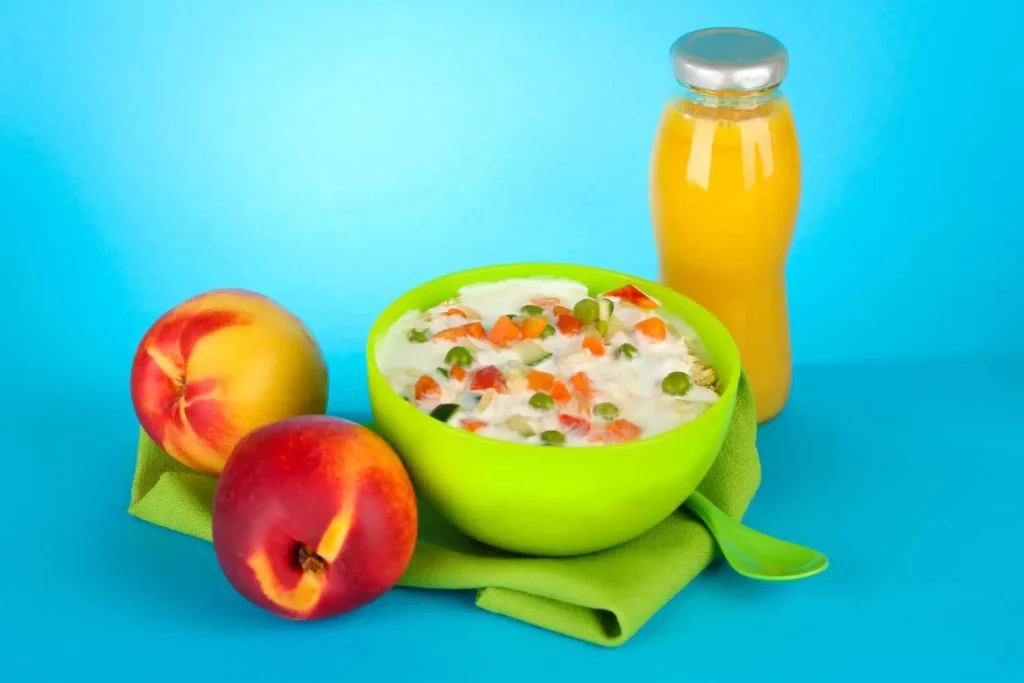
It is recommended to abstain from specific food and beverage items during and after rehydration, as they have the potential to exacerbate diarrhea and impede the rehydration process. It is crucial to offer easily digestible foods and fluids that provide vital nutrients to facilitate recuperation. A balanced diet should be reintroduced gradually, ensuring proper nutrition while maintaining hydration.
Home Care for Dehydrated Children
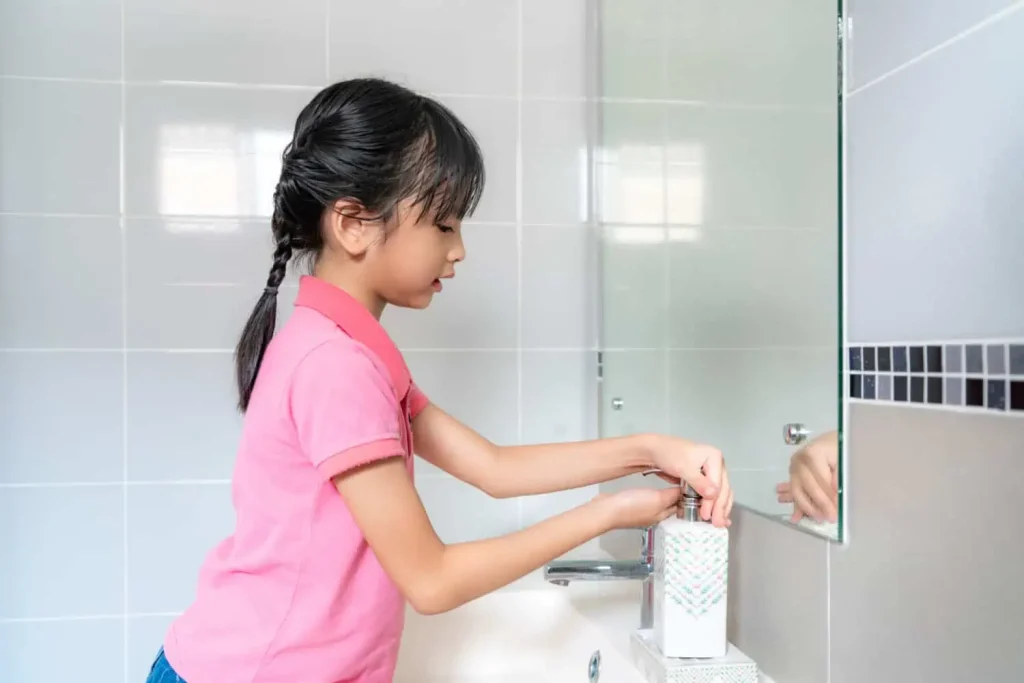
Creating a comfortable environment for a child recovering from dehydration is essential. Encouraging fluid intake and monitoring hydration levels through regular assessment of urine output and other signs of hydration are crucial steps. Understanding when to seek medical attention is important to prevent complications and ensure the child’s well-being.
Dehydration in Specific Age Groups
Different age groups may present unique challenges in managing dehydration. The factors causing dehydration in children with diarrhea are different for specific age groups. This can help in customizing interventions to suit their needs of dehydration.
As per the World Health Organization (WHO), 3 types of diarrhea can cause dehydration in children:
– Acute watery diarrhea – Dysentery, also known as bloody diarrhea, is a medical condition. The presence of mucus and blood in stool is a distinctive feature of a particular type of diarrhea caused by bacterial or parasitic infection. This condition is a result of harm to the intestinal lining. This type of diarrhea causes symptoms such as pyrexia, gastrointestinal distress, and desiccation. It is more common in children above two years of age.
– Acute bloody diarrhea— Dysentery, also known as bloody diarrhea, is a medical condition. The presence of mucus and blood in stool is a distinctive feature of a particular type of diarrhea caused by bacterial or parasitic infection. This condition is a result of harm to the intestinal lining. Furthermore, it possesses the capability to elicit symptoms such as pyrexia, gastrointestinal distress, and desiccation.
It is more common in children over two years of age.
– Persistent diarrhea — lasts 14 days or longer. This type of diarrhea is often associated with
Malnutrition
Intestinal infections
Food intolerance
Immunodeficiency
It can cause chronic dehydration, weight loss, and growth failure.
For children with no signs of dehydration– ORT should be given at home to replace the fluid loss from diarrhea. The amount of ORT should be equal to the volume of stools passed. Breastfeeding should be continued as usual. Other fluids such as rice water, soup, or yoghurt drinks can also be given.
If a child is experiencing mild dehydration– it is recommended to provide them with ORT either at a clinic or prepare Pedialyte home while being monitored. The oral Rehydration solution dose should be adjusted on the basis of the weight or age of the child. The recommended dose of ORS per kg in children is 75 mL per kilogram.
On the basis of age, the dose of ORS is as follows:
- For infants under 24 months = 50 to 100 mL per kilogram
- For children between 2 to 10 years = 100 to 200 mL per kilogram
- For children over 10 years = 200 to 400 mL per kilogram
It is recommended to administer the ORT over a gap of 4 hours.
Breastfeeding should be continued as usual. If the child vomits, ORT should be stopped for 10 minutes and then resumed slowly.
A healthcare establishment should immediately administer intravenous fluids to a youngster who is critically dehydrated. The dose of intravenous fluids for children depends on their age and weight. The recommended dosage of IV fluid is 100 mL per kg of body weight.
- For infants under 12 months = 30 milliliters per kilogram
- For children between 1 and 5 years = 60 milliliters per kilogram
- For children above 5 years = 90 milliliters per kilogram
It is advised to gradually infuse the intravenous fluids over the course of three hours. Once the child is able to drink, ORT should be started and continued until the diarrhea stops.
Children with diarrhea should also receive zinc supplements for 10 to 14 days. The dose of Zinc supplements is as follows:
- For children over 6 months = 20 mg/day
- For infants under 6 months = 10 mg/day
Zinc can lessen the duration and severity of diarrhea and prevent future episodes. In most cases of diarrhea in children, antibiotics are not required. Antibiotics are only required in case of diarrhea due to Campylobacter and Shigella. Try to give your child a proper diet to speed up recovery and prevent malnutrition. They need to get back to eating their regular diet as soon as possible, which consists of
- Cereals
- Fruits
- Vegetables
- Meat
- Eggs
- Beans
- Animal milk or breast milk.
Complications and Long-Term Effects of Dehydration in Children with Diarrhea
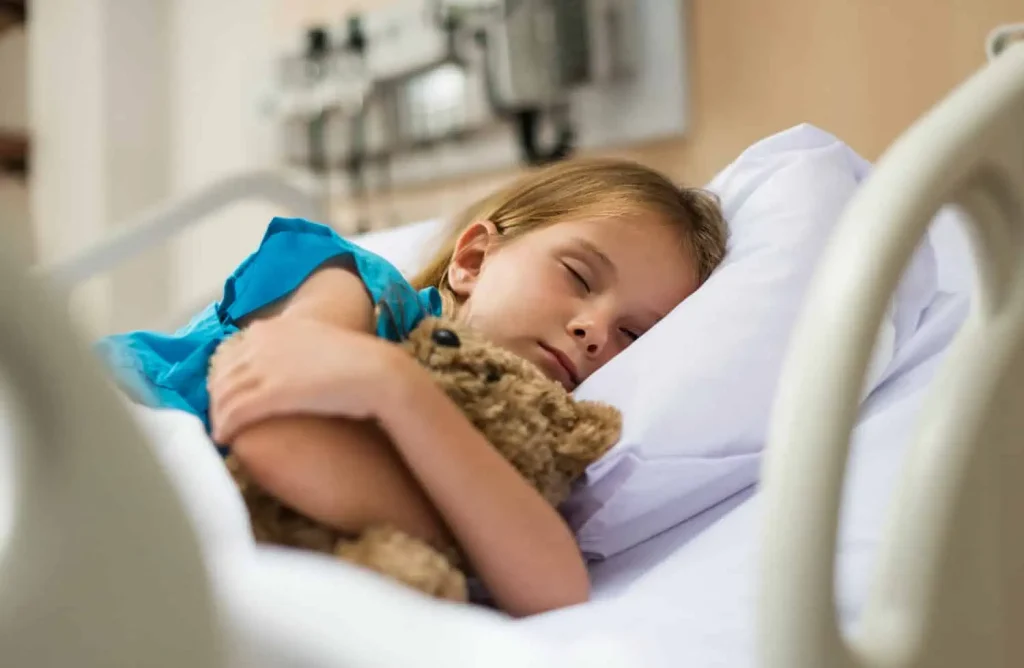
Potential complications of dehydration in children with diarrhea are
- Electrolyte Imbalance
- Organ damage
- Stunted Growth and development
Long term effects of dehydration in kids can be minimized with appropriate medical care and in time addressing these risks. Addressing these risks and seeking appropriate medical care can minimize long-term effects.
How can You Prevent Dehydration in High-Risk Situations
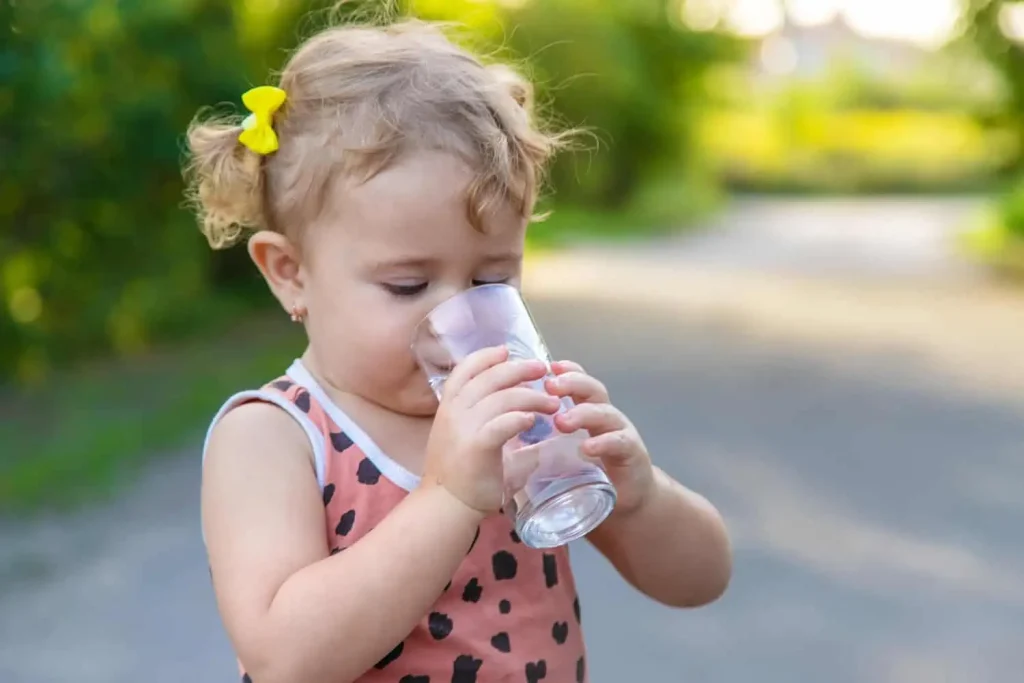
There are certain situations in which risk of dehydration is increased. These include travelling with children to other country and exposure to high temperatures. By implementing precautionary measures, such as the provision of sufficient fluids, can reduce these risks. Managing diarrhea during illness outbreaks also requires additional attention to prevent dehydration.
What are Common Myths about Dehydration in Children with Diarrhea?
There are several myths associated about dehydration in children with diarrhea. Clarifying misunderstandings, such as the role of clear fluids versus rehydration solutions and the use of sports drinks, can help ensure accurate information and appropriate care.
There are some myths about dehydration in children with diarrhea. These myths can be harmful as well as misleading. Some of them are:
Myth: Children should not eat solid foods in diarrhea.
FACT: Children with diarrhea should continue eating their regular meals unless they start vomiting. Proper eating replaces the minerals and electrolytes lost during diarrhea. This also helps in preventing malnutrition and weight loss. During diarrhea fatty and spicy foods should be avoided. The reason behind is they can cause gas or bloating.
Myth: The most effective treatment for diarrhea in children are anti-diarrheal medicines.
FACT: Only older children should receive anti-diarrheal drugs after a doctor’s recommendation. It is not advised to give anti-diarrheal medicine to newborns or toddlers due to their side effects like
- Drowsiness
- Constipation
- Allergy
– Myth: Children with diarrhea should not visited to doctor unless they are severely dehydrated.
FACT: Dehydration symptoms in children with diarrhea include
- Dry lips
- Sunken eyes
- Decreased urine production
- Lethargy
- Additional symptoms or risk factors include
- Blood or mucus in the stool
- Fever exceeding 102°F (38.9°C)
- Excruciating stomach pain
- Prolonged diarrhea
- Recent travel to a developing country
- Use of antibiotics
- Contact with a contagious individual
These symptoms may indicate a more significant condition requiring medical attention.
Dehydration and Oral Vaccine Administration
Understanding the timing of vaccinations and their administration during episodes of diarrhea is important. Evaluating the effectiveness of vaccines during dehydration in children with diarrhea can guide healthcare decisions.
Addressing Parental Concerns and Anxiety
Effective communication and education for parents regarding dehydration in children with diarrhea are crucial. Providing emotional support and addressing parental concerns can help alleviate anxiety and promote better care for the child.
Conclusion:
In conclusion, a child’s recovery and well-being greatly depend on the appropriate management of dehydration in children suffering from diarrhea. Timely Recognition of dehydration symptoms such as dry mouth reduced urine output, and lethargy is vital in initiating appropriate interventions.
Rehydration through oral rehydration solutions (ORS) is essential to replenish lost fluids and electrolytes. Administering ORS in frequent small amounts aids in absorption and reduces the risk of vomiting. Maintaining proper hygiene practices, including regular handwashing and proper disposal of soiled diapers, is important in preventing further episodes of diarrhea and dehydration.
Seeking medical attention is recommended if dehydration worsens or becomes severe. By understanding the importance of hydration and implementing effective management strategies, parents and caregivers can ensure the well-being of children and promote their speedy recovery from dehydration associated with diarrhea.

